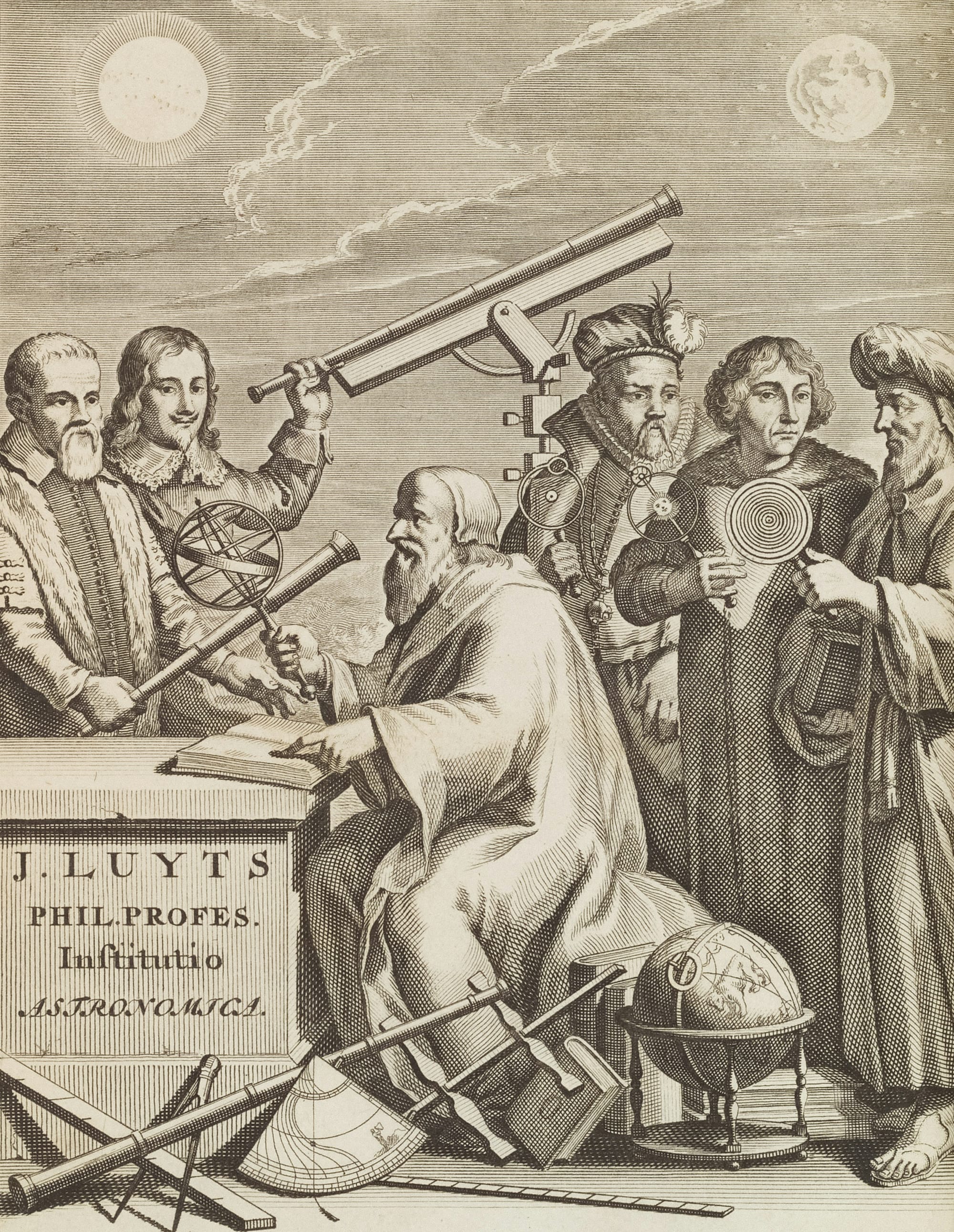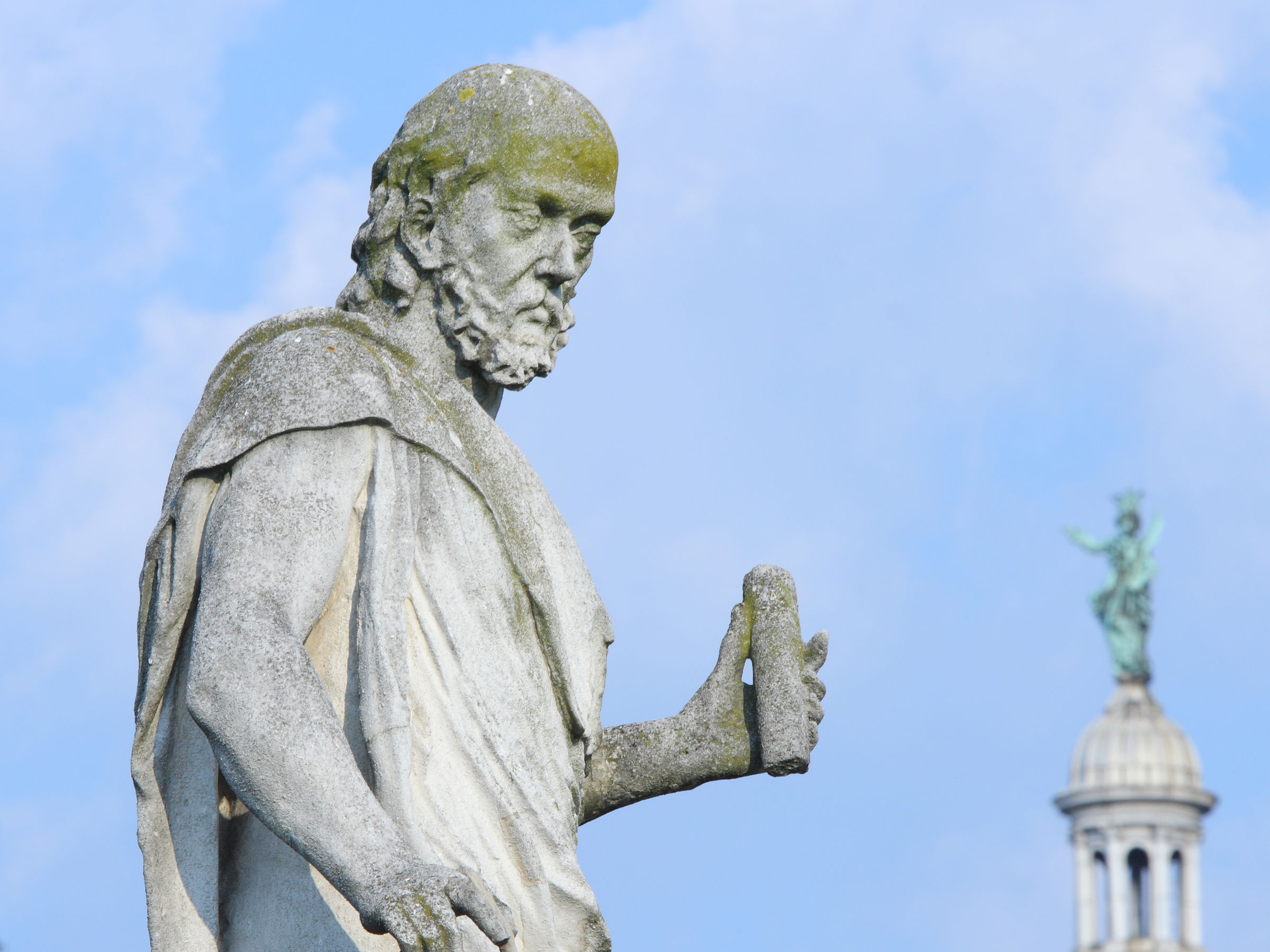Galileo Galilei

Galileo Galilei: The Father of Modern Science and His Revolutionary Discoveries
Imagine a man who dared to point a simple tube at the stars and change how we see the world forever. Galileo Galilei did just that. He bridged old ideas about the universe with fresh proof from his own eyes, clashing with powerful church leaders who clung to ancient views.This article dives into Galileo's key wins in physics and astronomy. We'll look at his hands-on methods and the big fights he faced. By the end, you'll grasp why he earns the title "father of modern science."
The Formative Years and Early Scientific Inquiries
Galileo grew up in Pisa, Italy, during the late 1500s. Born in 1564, he came from a family that valued music and learning. His curiosity about the natural world shaped his path early on.
Early Education and Shifting Focus from Medicine to Mathematics
Galileo started at the University of Pisa in 1581. His dad pushed him toward medicine for a steady job. But lectures on geometry hooked him instead.He skipped classes to study math on his own. Soon, he dropped medicine and dove into numbers and nature's laws. One story tells of young Galileo timing a lamp's swing in a church, using his heartbeat as a clock. That showed his sharp eye for patterns right away.These early steps built his love for testing ideas. He saw math as a tool to explain motion, not just abstract puzzles.
Groundbreaking Work in Kinematics and Mechanics
In his 20s, Galileo challenged old Greek thinker Aristotle's views on falling objects. Aristotle said heavier things drop faster. Galileo thought speed depended on air resistance, not weight.He rolled balls down ramps to measure motion. This slowed falls enough to watch closely. His tests proved all objects accelerate the same in a vacuum.People talk about him dropping items from Pisa's leaning tower. True or not, it stands for his bold experiments. These ideas planted seeds for Isaac Newton's laws later.Galileo wrote about uniform motion too. He grasped that objects keep going unless stopped. That's inertia in simple terms.
The Astronomical Revolution: Transforming the Heavens
By 1609, word spread about a Dutch spyglass that magnified far-off things. Galileo grabbed the idea and made his own version better. He turned it to the sky and unlocked secrets hidden for centuries.His observations shook the ground under old beliefs. The Earth-centered universe of Ptolemy seemed solid. But Galileo's eyes said otherwise.
The Telescope: An Instrument of Revelation
Galileo didn't invent the telescope. He heard of Hans Lippershey's device in 1608. But he ground lenses to boost power up to 20 times.His first tube showed ships at sea before they reached shore. Then he aimed it at the Moon. What he saw amazed him.He shared his tool with friends and scholars. It wasn't just a gadget; it became a way to question everything. Galileo's tweaks made it key for science.
Discoveries That Shattered the Ptolemaic System
In 1610, Galileo spotted four moons around Jupiter. He called them the Medicean Stars to honor his patrons. These moons orbited Jupiter, not Earth.That proved not everything circled our planet. It backed Nicolaus Copernicus's sun-centered model. Suddenly, the universe felt bigger.He also charted Venus's phases, like our Moon's. In the old view, Venus stayed fixed. But phases meant it looped the Sun.The Moon's surface had craters and mountains, not smooth perfection. Galileo drew sketches in his book Sidereus Nuncius. These finds hit hard against ideas of flawless heavens.
- Jupiter's moons: Four big ones now named Io, Europa, Ganymede, and Callisto.
- Venus phases: Full, crescent, and more, matching orbit around the Sun.
- Moon's face: Rough terrain proved stars weren't divine and unchanging.
Stalking the Sun and the Milky Way
Galileo risked his sight to watch sunspots. Dark blotches moved across the Sun, showing it rotated. This meant even the Sun wasn't perfect.He argued spots were on the surface, not stars passing by. His drawings tracked their paths over weeks. It flipped the script on eternal, spotless skies.Then came the Milky Way. Through his lens, it broke into millions of stars. No longer a hazy cloud, it hinted at a vast cosmos.These views grew the known universe's scale. Galileo estimated billions of stars. His work inspired later astronomers like Hubble.
The Trial and Triumph: Science Versus Authority
Galileo pushed Copernican ideas in writings and talks. The Church saw Earth at the center as God's order. Tension built as his fame spread.He tried to balance faith and facts. But words can spark fires. His bold stance led to a clash that defined his life.
Dialogue Concerning the Two Chief World Systems
In 1632, Galileo published this book. It reads like a chat between three men: Salviati for Copernicus, Simplicio for old views, and Sagredo as the curious listener.The goal? Show sun-centered proof without direct attack. They debate tides, spots, and moons. Galileo snuck in evidence everywhere.Pope Urban VIII didn't like his ideas mocked. Simplicio sounded foolish, echoing the Pope's words. That slight fueled the backlash.The book flew off presses in Italy and beyond. It spread doubt about geocentric holds. Yet it marked Galileo's biggest risk.
The Inquisition, Abjuration, and House Arrest
Church leaders called Galileo to Rome in 1633. They charged him with heresy for backing Copernicus. The trial dragged on for months.Under threat, he knelt and recanted. "I curse and detest these errors," he said. But legend says he muttered, "Yet it moves."They sentenced him to house arrest. At 70, blindness loomed from sun stares. Still, he wrote from his villa in Arcetri.Friends smuggled his works out. The trial silenced him publicly but not in spirit. It showed science's tough road.
The Final Legacy: Physics Beyond the Stars
Even confined, Galileo's mind raced. He turned to Earth's motions and strengths. His last books sealed his genius.He blended math with tests others could repeat. That method lives on in labs today.
Discourses and Mathematical Demonstrations Relating to Two New Sciences
Published in 1638, this came from Holland to dodge censors. It covers two topics: motion and material strength.Galileo detailed falling bodies' acceleration. He said speed doubles every second in free fall. That's the formula we use now: distance equals half gravity times time squared.On materials, he explained why big structures crack. A beam's strength scales with area, but weight with volume. That's why ants lift loads we can't.
- Uniform acceleration: Objects speed up steadily under gravity.
- Pendulum clocks: He noted swings take equal time, aiding timekeeping.
- Scaling laws: Small things endure; giants like tall towers fail easy.
This book laid physics groundwork before Newton. It turned guesses into solid rules.
The Enduring Influence of the Empirical Method
Galileo's big gift? Test ideas with eyes and math. He ditched blind faith in old texts.Hypothesize, observe, measure, repeat. That's his way. Modern scientists use it daily, from vaccines to space probes.You can try it too. Drop a feather and coin in a tube—see them fall same? That's Galileo alive.His method demands proof over authority. It freed thought from chains. We owe our tech boom to that spark.
Conclusion: The Unextinguished Light of Inquiry
Galileo Galilei lit a fire under science. From ramp rolls to starry moons, he proved looking close pays off. His clashes with power highlight the cost of truth.Key takeaways: He birthed observational astronomy and experimental physics. Don't fear questions; chase facts. His story reminds us inquiry thrives on freedom.Next time you gaze at the night sky, think of him. Grab a book on stars or try a simple experiment. Keep the light burning—what discovery awaits you?
